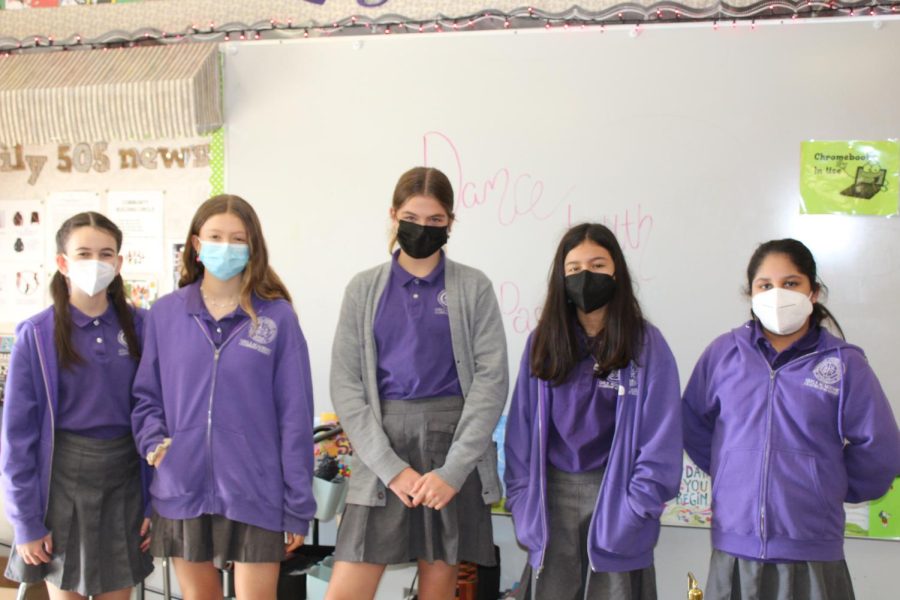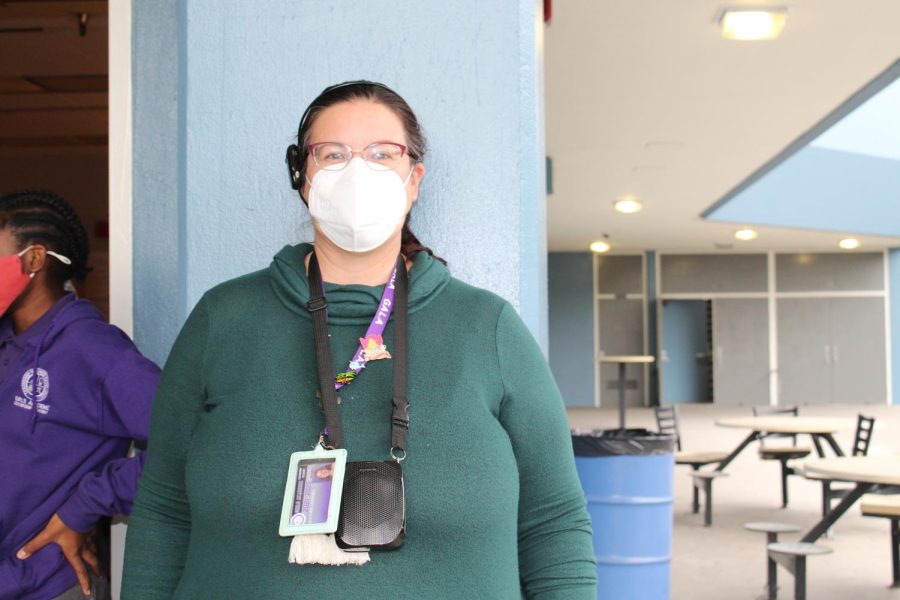COVID-19 Omicron Variant
Omicron is the most recent mutation of COVID-19. It has quickly become the dominant strain of this virus. With Omicron spreading across the United States and the world, there are likely many things you’ve heard about this variant and many unanswered questions you still have.
One thing you’ve likely heard about Omicron is that it is more transmissible than other variants. Well, according to Bloomberg News, “The Omicron variant of COVID-19 is 4.2 times more transmissible in its early stage than Delta.” This is a shocking statistic given that Delta itself was considered a highly transmissible strain. As stated by the CDC, “The Delta variant is highly contagious, more than 2x as contagious as previous variants.”
We can also see that Omicron is more transmissible simply in case numbers. Over the past few weeks, we have seen record numbers of cases. According to statistics from the New York Times, the highest number of cases in the U.S. is now over 806,000 in a day. Before Omicron, the highest number of cases was only around 251,000 in a day. That’s over three times more cases.
The case amount reported is also thought to be under the actual number of cases. According to the New York Times, “As high as the case counts are in many places, they are most certainly undercounted right now, as many Omicron infections are asymptomatic or mild and people may not know to test.” Cases are over the reported amount. We just don’t know what the real numbers are.
In addition to being more transmissible, Omicron is also better at evading natural immunity and immunity from vaccines than other variants. According to Imperial College London, “the protection against reinfection by Omicron afforded by past infection may be as low as 19%.” But that’s not it. Without a booster shot, your immunity is significantly lower than with one. Again, stated by Imperial College London, “Vaccine effectiveness estimates against symptomatic Omicron infection of between 0% and 20% after two doses, and between 55% and 80% after a booster dose.” This is shockingly low effectiveness for two doses of the vaccine, which has been effective against other variants.
The silver lining here? Omicron is proving to be less severe of a variant than Delta. This is because of the part of the body the variants attack. As Healthline states, “The Omicron variant tends to remain in the upper respiratory system rather than replicating in the lungs.” This means that Omicron tends to attack the nose and throat rather than the lungs like Delta and other variants.
However, statistics show that there are more hospitalized COVID-19 patients than ever before. If Omicron is less severe, then why are there jumps in hospitalizations? Well, most of the COVID-19 hospitalizations are in the hospital for other reasons, and just happened to have COVID-19. According to the New York Times, “Some hospitals are reporting that these patients may make up as much as half of their hospitalizations.” This means that instead of almost 159,000 hospitalizations, there could be around 79,000 that aren’t incidental.
These statistics can be daunting, but there is hope. Omicron is proving to be less severe of a variant, and while it is possible for you to get Omicron, you can rest easier knowing that you’re much less likely to have a severe reaction to this variant.

Helen is an 8th grade student at Girls Academic Leadership Academy, and the editor of the arts for The Echo. Her favorite subject is math, and enjoys finding...





























































































Carmen Nava • Feb 9, 2022 at 5:44 pm
Good to have read this very informative report! It explains clearly and to the point what we are going through with the Omicron threat.